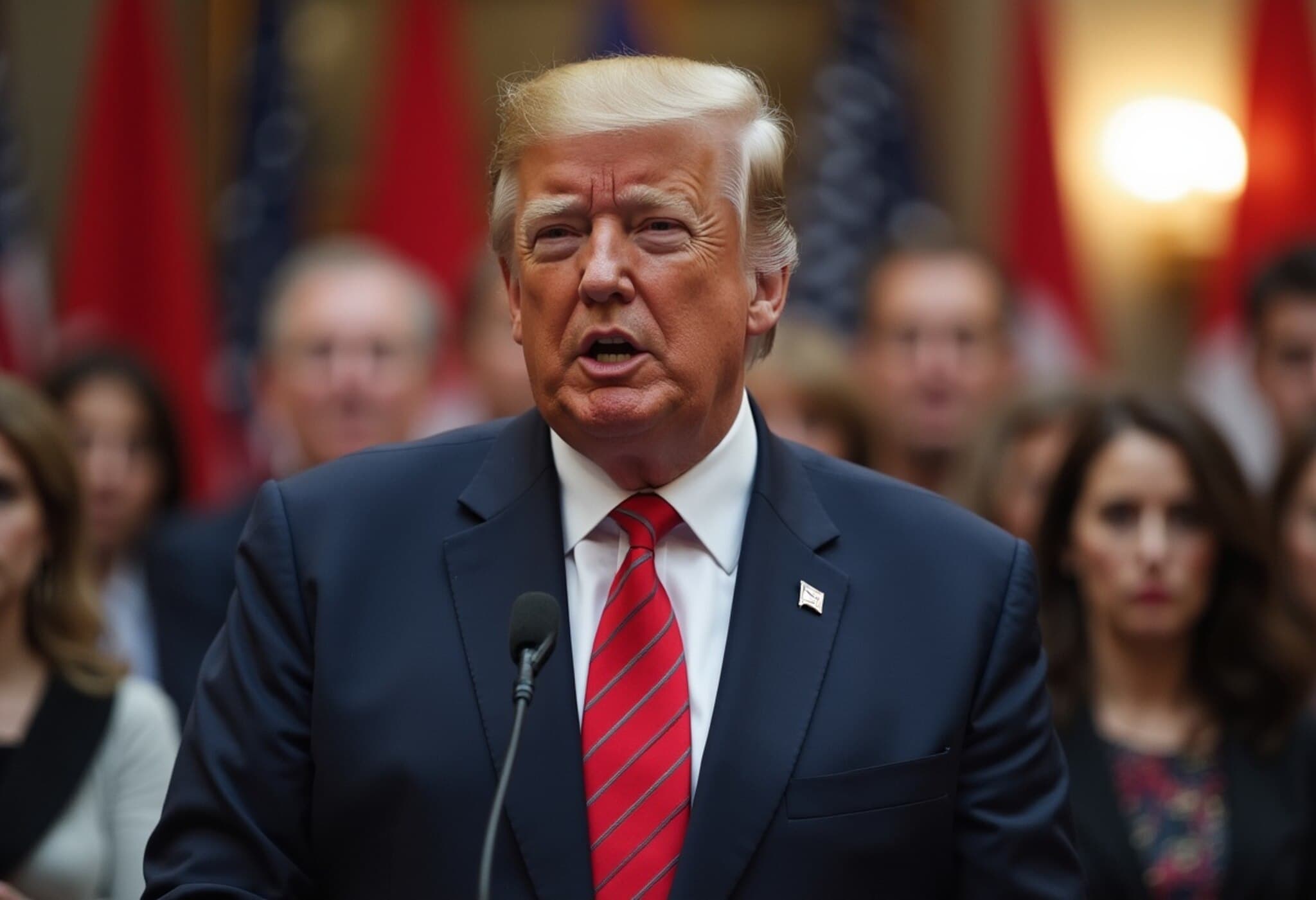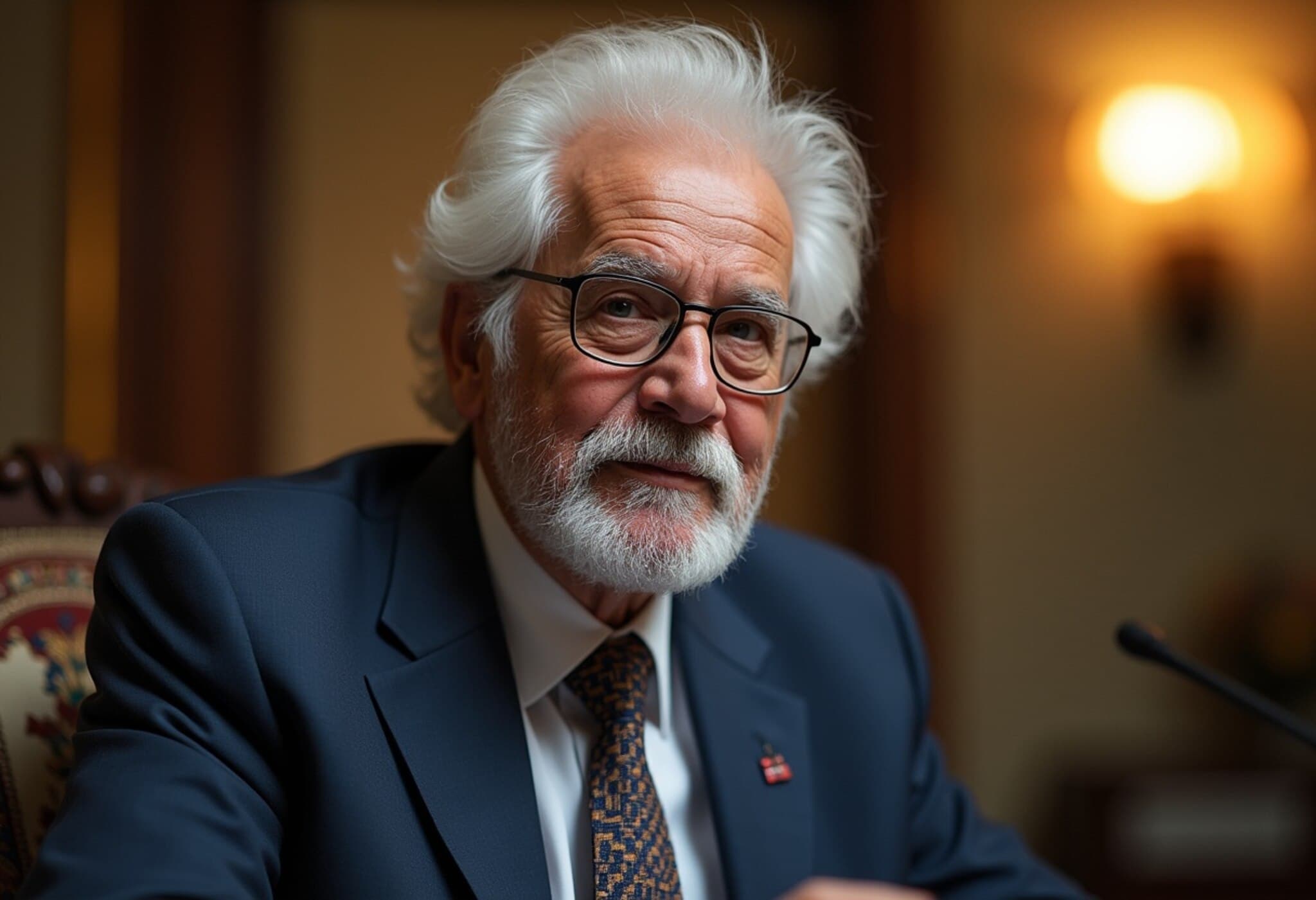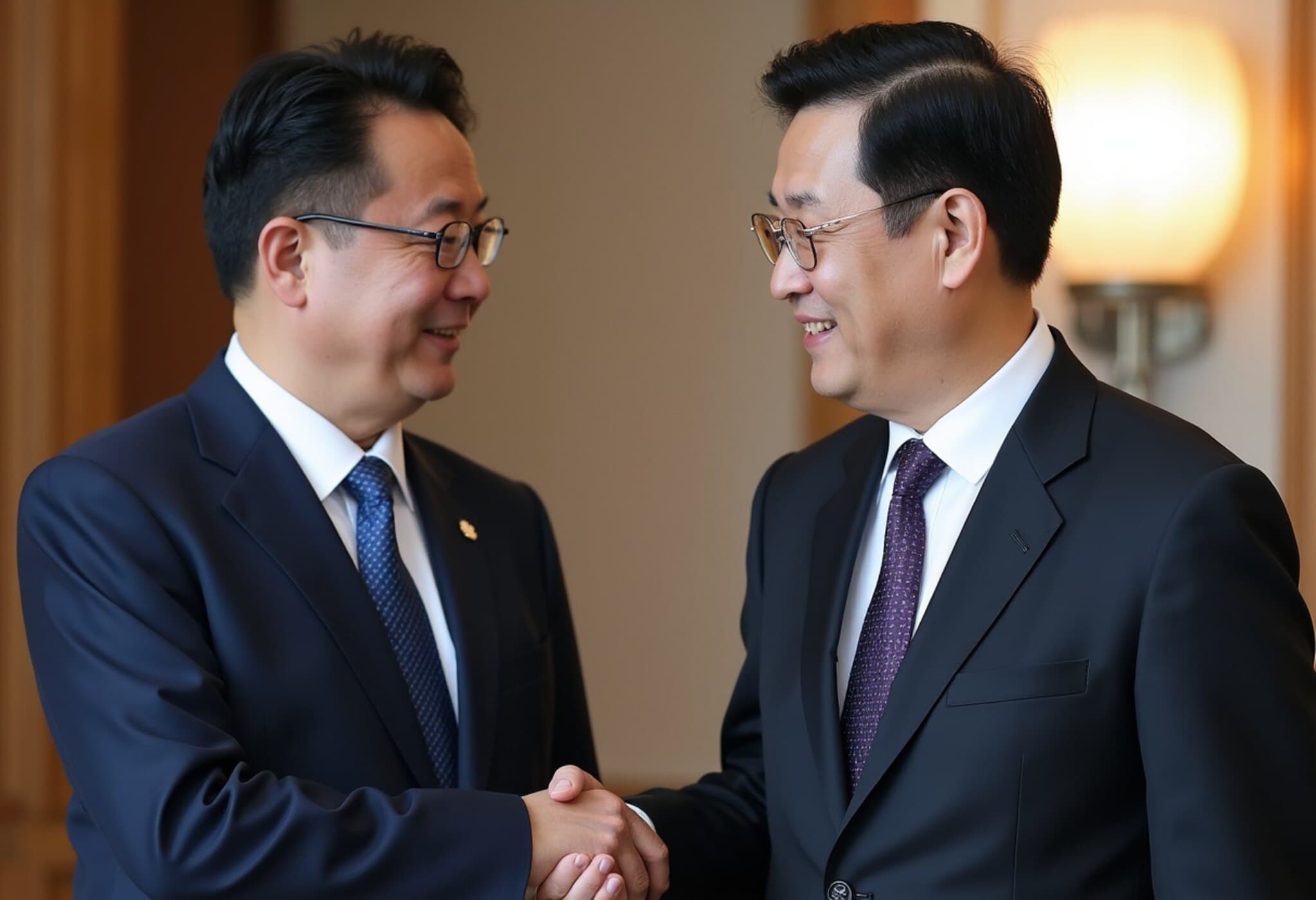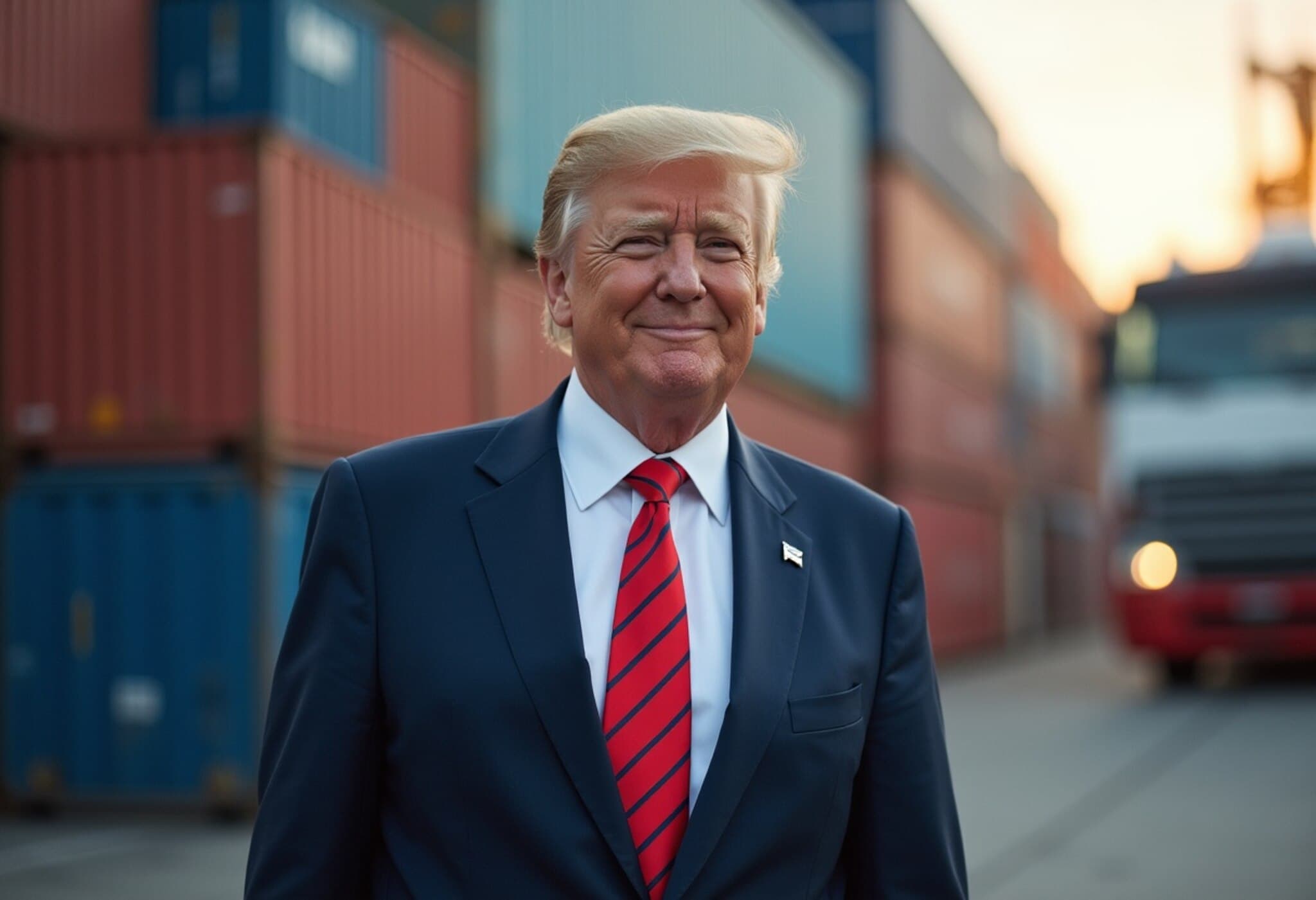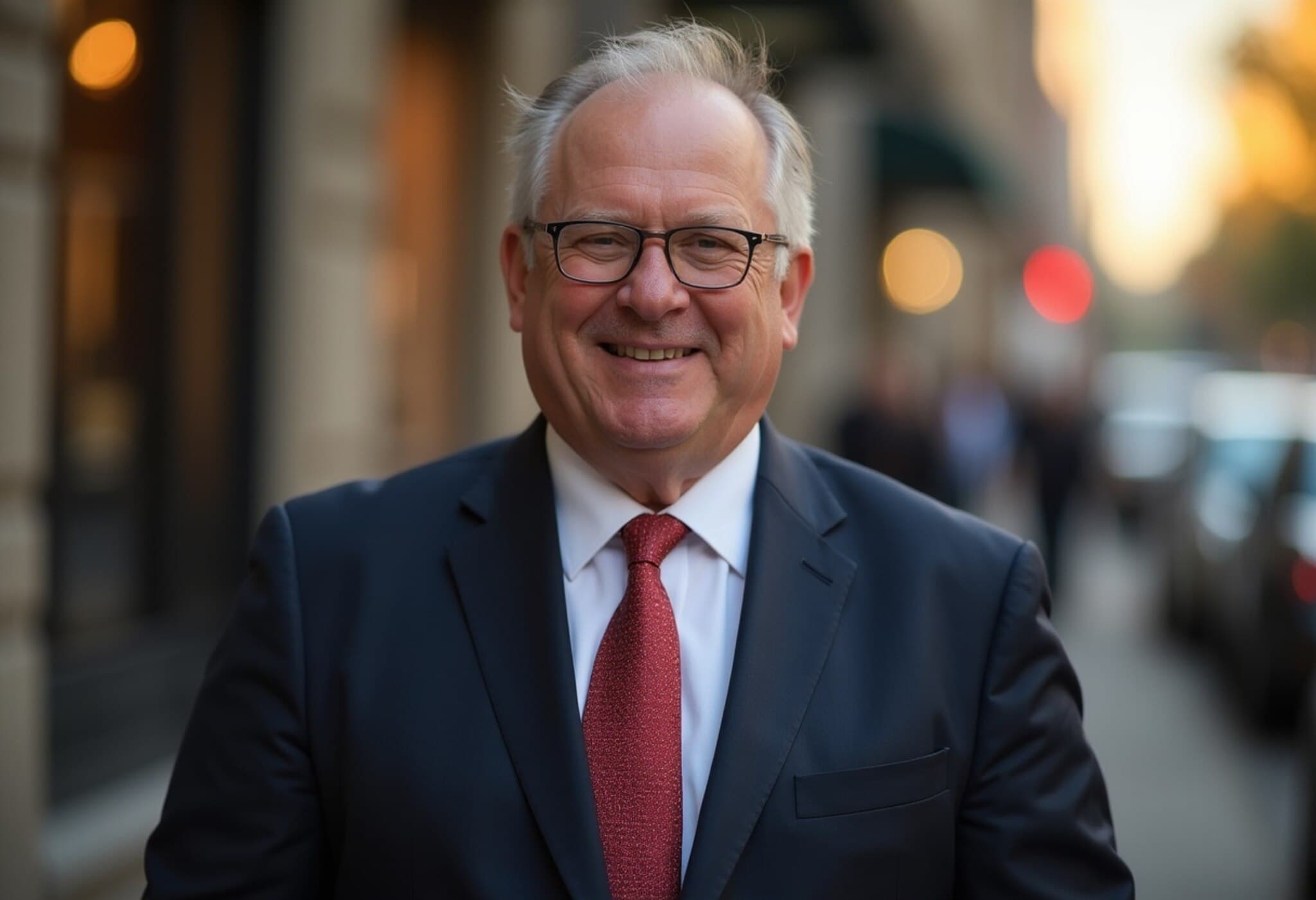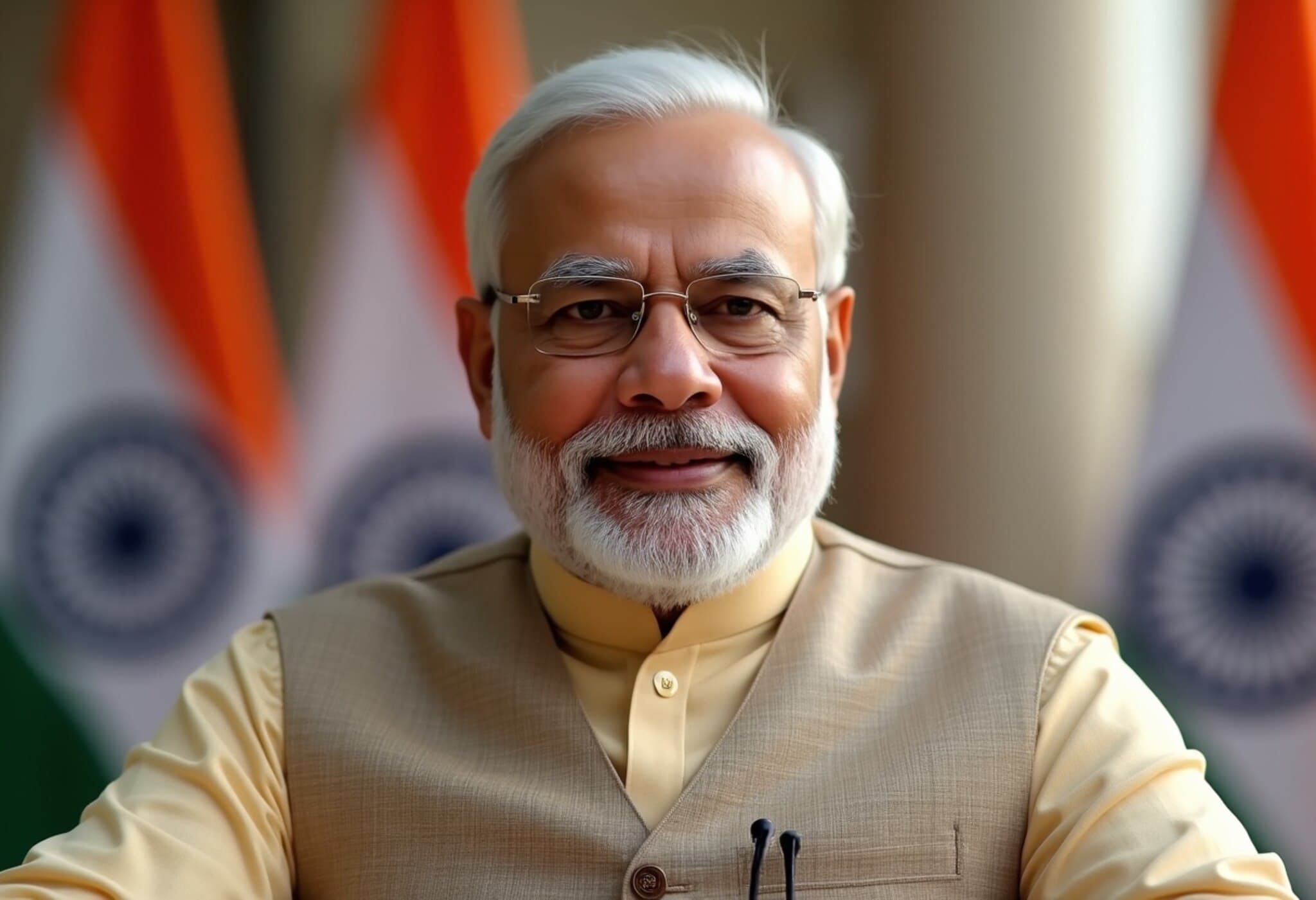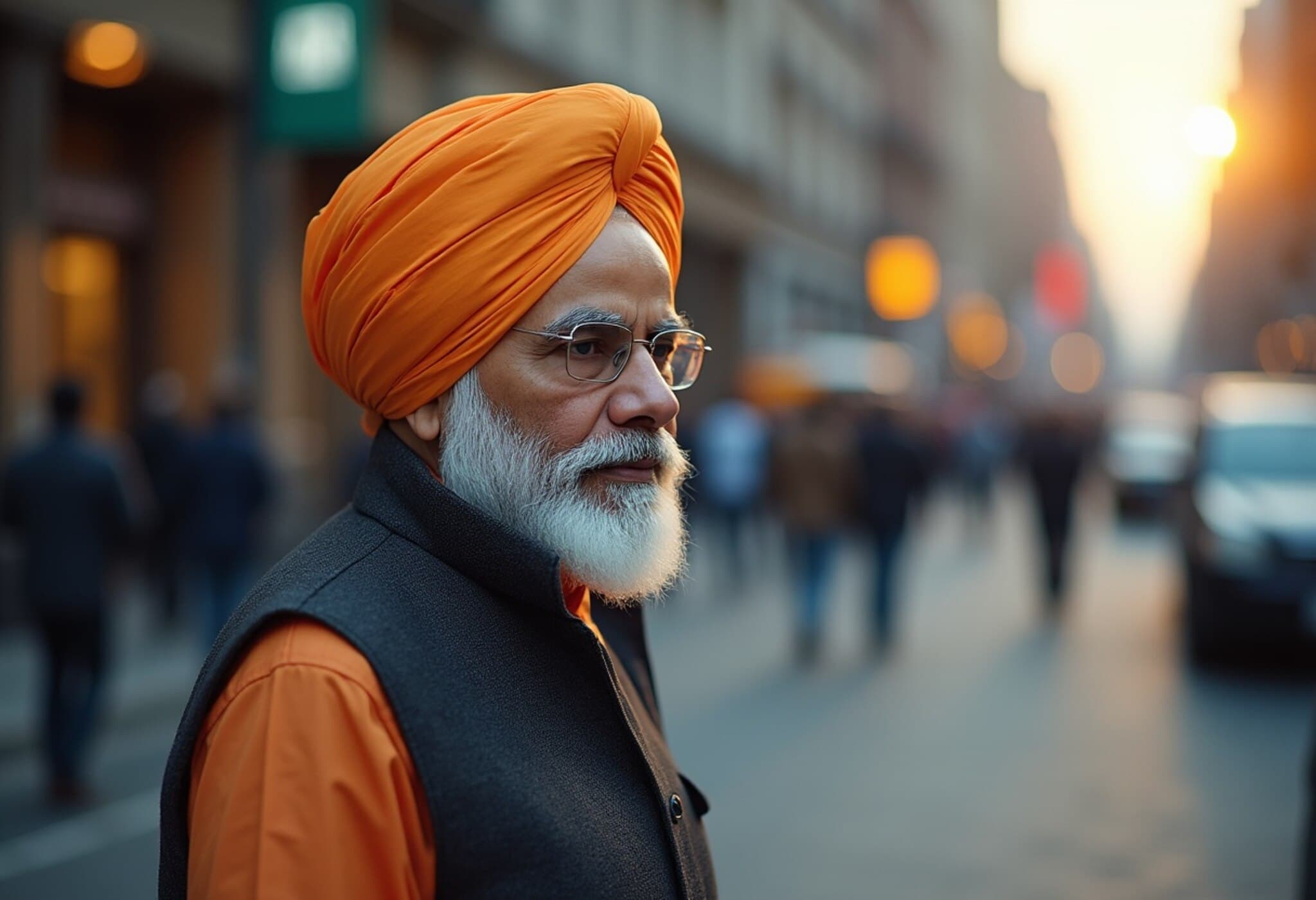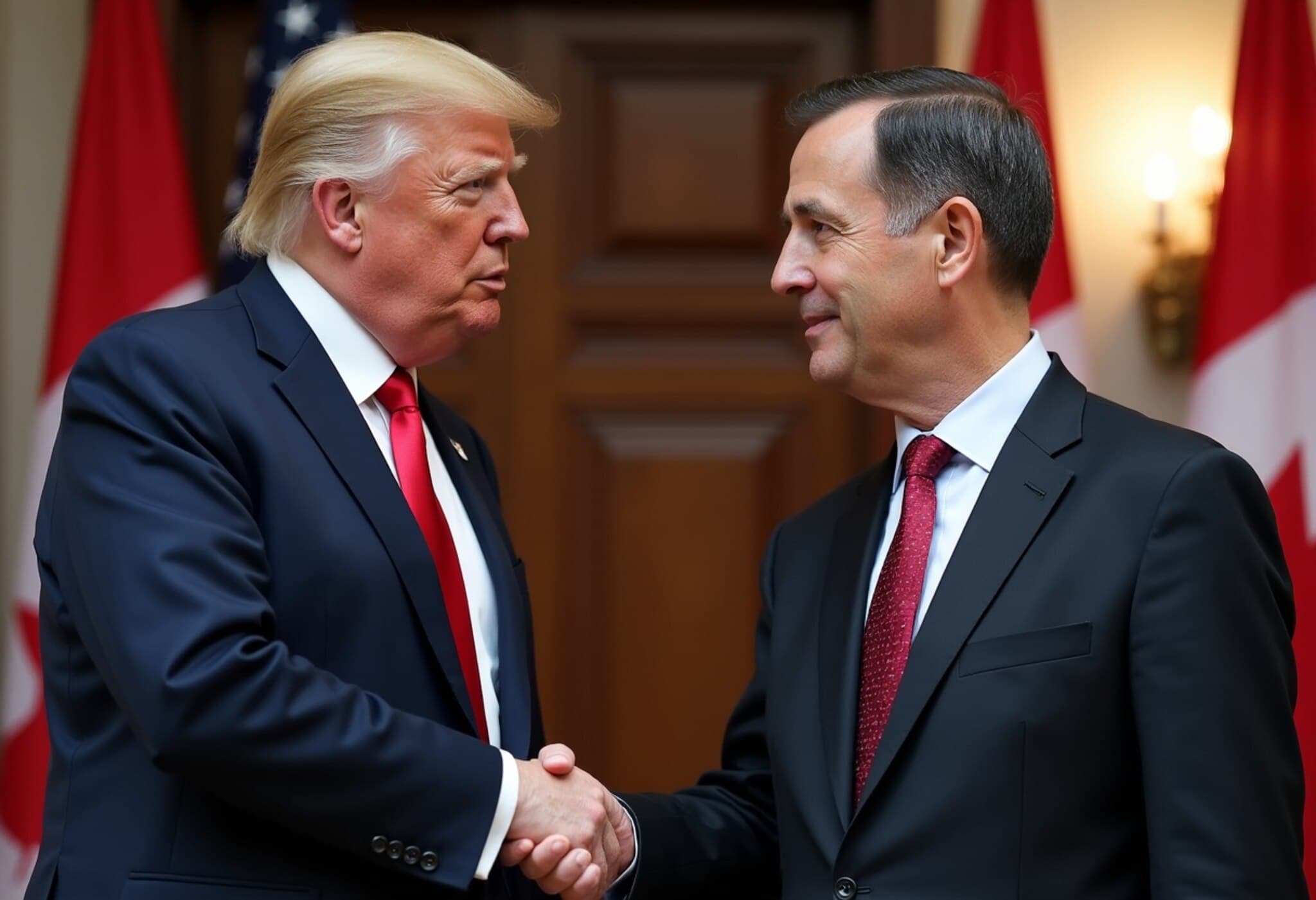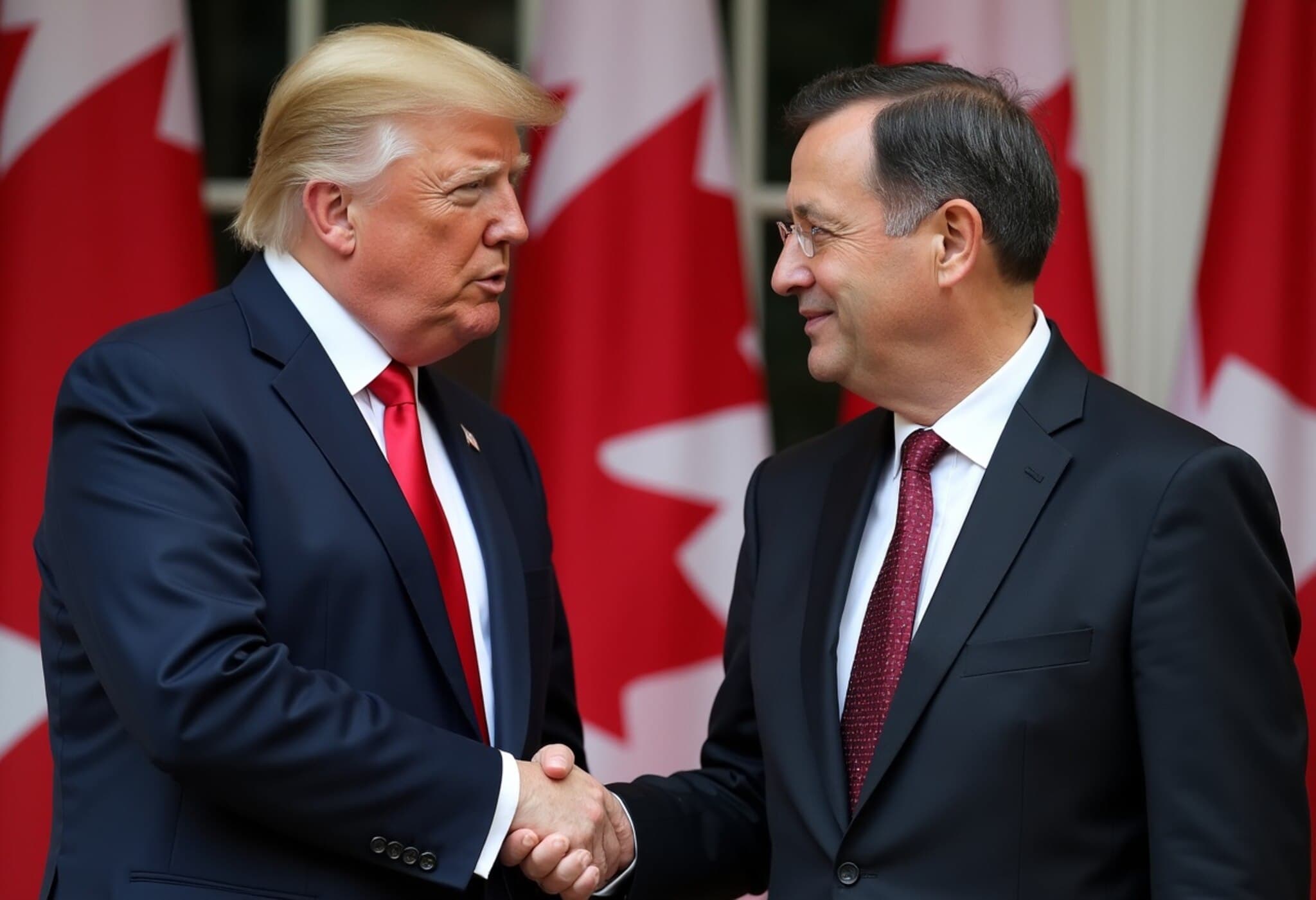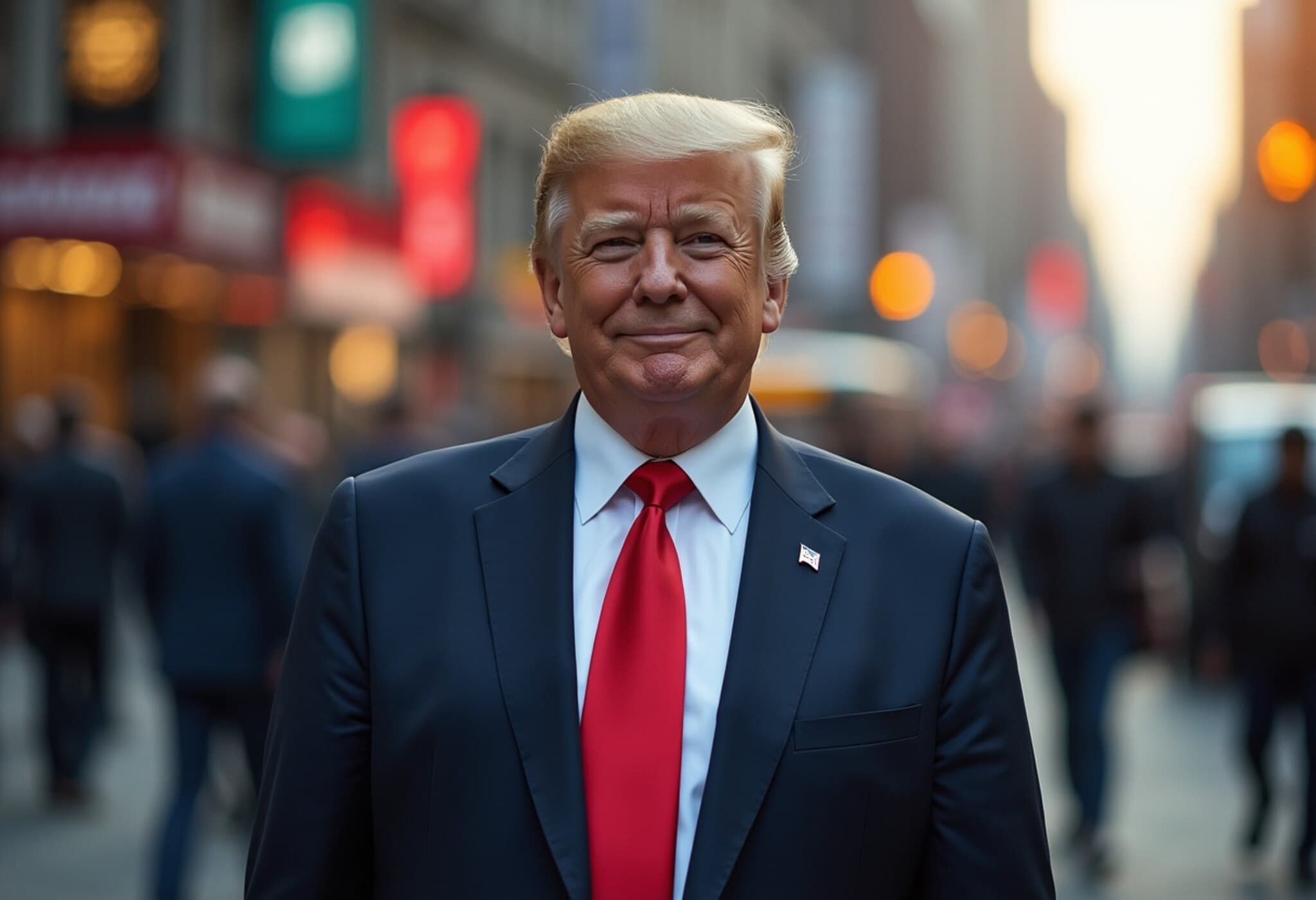Canada Signals Tough Stance in U.S. Trade Negotiations
As the clock ticks down on a critical trade deadline, Canada’s Prime Minister Mark Carney has tempered expectations for a last-minute agreement with the United States. Following an urgent summit with the ten provincial premiers and leaders from three territories in Huntsville, Ontario, Carney emphasized that Canada will not accept a trade deal that compromises its national interests—sending a clear message that economic sovereignty comes before a rushed pact.
Complex Negotiations Amid Mounting Tariffs
With less than a week remaining before fresh U.S. tariffs take effect on August 1, the negotiations remain fraught. President Trump has threatened additional duties beyond the already implemented 50% tariffs on Canadian steel and aluminum imports, and 25% tariffs targeting the auto sector on vehicles lacking American parts. These tariffs have sent shockwaves through Canada’s industrial heartlands and stirred uncertainty among businesses and workers.
Carney conveyed cautious pragmatism, stating, “We’ll agree to a deal if there’s one on the table that is in the best interest of Canadians,” but firmly added in French that “it’s not our objective to have an agreement at any cost.” Such language underscores Canada’s determination to avoid conceding to terms that could severely impact its economy or sovereignty.
Voices From the Provinces: Frustrations and Uncertainties
The provincial leaders, bearing the brunt of trade disruptions, echoed Carney's sentiments. Ontario’s Premier Doug Ford highlighted the unpredictability of the U.S. approach, describing it as “very, very hard to deal with just because it’s so fluid, it’s constantly moving.” Ford’s frustration captures a broader challenge for Canadian officials: negotiating amid shifting U.S. positions amplified by media statements.
Similarly, Quebec Premier François Legault expressed a sense of ambiguity about Washington’s true intentions, noting, “You almost have to ask Donald Trump, and I’m not even sure he knows himself what he wants.” This uncertainty complicates strategic planning for governments and businesses relying on stable trade relations.
Responding to Protectionism: A Canadian Strategic Pivot
Faced with escalating U.S. protectionism, Canadian leaders are adopting a multi-pronged approach. Expanding trade networks beyond the U.S., bolstering interprovincial commerce, and investing in major infrastructure projects are central to Canada’s strategy for economic resilience. This diversification effort recognizes the risks of overdependence on the American market amid volatile political climates.
Diplomatic Tensions on Full Display
Diplomatic heat flared when British Columbia Premier David Eby publicly criticized U.S. Ambassador Pete Hoekstra for remarks linking provincial alcohol sales restrictions to American discontent. Eby’s response encapsulated a defiant Canadian pride in defending domestic policy and sovereignty. He stated, “If you’re a mean and a nasty Canadian for standing up for our sovereignty, our economy and our jobs; well, I think most Canadians would be proud to be considered mean and nasty.”
This incident highlights the growing strain in Canada-U.S. relations that extends beyond trade and into deeper political and cultural friction.
Expert Insight: Navigating a High-Stakes Bilateral Relationship
Trade experts and policy analysts note that Canada’s firm posture is a calculated gamble. Rejecting unfavorable terms preserves long-term economic health, but risks further tariffs and retaliatory measures. The broader geopolitical context — including U.S. domestic politics and global trade realignments — adds greater complexity.
Canadian industries dependent on cross-border supply chains face immediate disruptions, yet this also serves as an impetus for Canada to accelerate free trade agreements with other partners like the European Union and the Indo-Pacific region. The pursuit of economic diversification is not simply reactive but a strategic adaptation to an increasingly unpredictable global trade environment.
What Lies Ahead?
As talks continue with key negotiators like Dominic LeBlanc engaged in Washington, time remains a scarce resource. The coming days will test whether diplomacy can overcome divergent interests or if Canada will brace for deeper economic separation from its largest trading partner.
Key questions emerge:
- Will Canada’s steadfast stance influence Washington to reconsider tariff strategies?
- How will Canadian businesses adapt amid uncertain trade frameworks?
- What role will international trade diversification play in Canada’s future prosperity?
Editor’s Note
Canada’s resolve in these high-stakes trade negotiations with the U.S. underlines a pivotal moment in North American economic relations. This is not simply a trade dispute — it reflects deeper questions of sovereignty, economic independence, and strategic foresight. As tariffs loom and talks remain uncertain, the ultimate outcome will shape Canada’s economic landscape for years to come. Readers are encouraged to consider how shifting global alliances may redefine regional trade dynamics beyond this immediate conflict.

